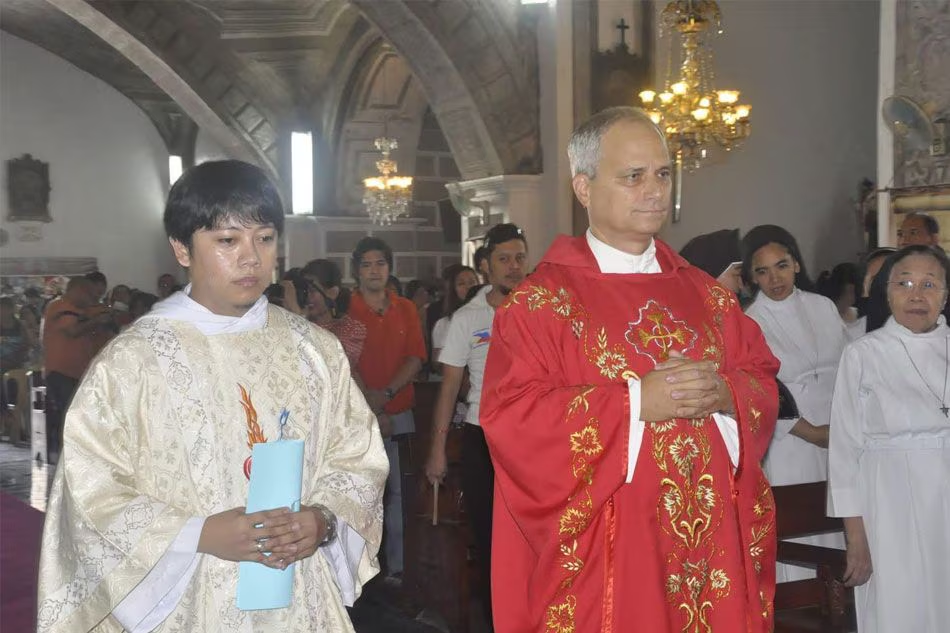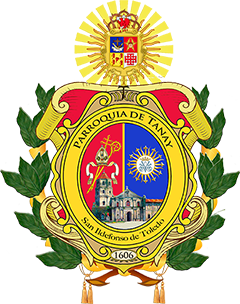Pope Leo XIV: A Vision for the Modern Church
By Social Communications
Published on May 10, 2025
Cardinal Robert Francis Prevost, born on March 2, 1955, in the United States, has long been a devoted servant of the Catholic Church. Ordained a priest in 1981, he dedicated many years to the pastoral care of the faithful, further deepening his commitment to the mission of the Church. After his ordination, he pursued studies in canon law and theology, which helped prepare him for various roles in Church leadership and service.
Throughout his ministry, Cardinal Prevost served both as a parish priest and in academic roles, teaching at seminaries and universities. His deep knowledge of Church law and pastoral experience led to his appointment as the Prefect of the Congregation for the Clergy, a Vatican office responsible for overseeing priests and deacons worldwide. In this position, he helped guide and support clergy, ensuring that they remained faithful shepherds to their communities.
Cardinal Prevost is also known for his work in fostering vocations and supporting seminaries globally. His efforts have been marked by a gentle but firm dedication to encouraging holiness and formation among future priests. He has been recognized for his pastoral heart and administrative skills, qualities that prepared him well for higher responsibilities in the Church.
Before his election as pope, Cardinal Prevost had the opportunity to visit the Philippines during his service in the Congregation for the Clergy. The visit allowed him to witness the deep faith and vibrant Catholic traditions of the Filipino people. He admired their devotion, especially their strong family values and commitment to the Church’s mission of evangelization and charity. This experience strengthened his appreciation for the universal nature of the Catholic Church and the importance of supporting local Churches in their unique cultural contexts.
In 2025, following the resignation of his predecessor, Cardinal Prevost was elected by the College of Cardinals as the 267th pope of the Catholic Church, taking the name Pope Leo XIV. His election was met with joy and hope by Catholics around the world, who looked to his experience, wisdom, and pastoral sensitivity as signs of a renewed commitment to shepherding the Church with care and humility.
As Pope Leo XIV, he has emphasized the need for the Church to be a place of mercy, healing, and hope. He calls all Catholics to live out their faith actively through service to the poor, the promotion of peace, and the protection of God’s creation. He encourages dialogue among peoples and religions, fostering understanding and cooperation in a divided world. His vision includes strengthening the formation of clergy, supporting families, and engaging young people in the life of the Church.
Pope Leo XIV’s leadership reflects his long history of service, combining pastoral care with thoughtful governance. His experience with the Church’s clergy and his encounter with diverse cultures, including the Philippines, guide his approach as a pope who listens, cares, and acts with compassion.
His election reminds all Catholics that the Holy Spirit continues to guide the Church through leaders who are chosen to serve the needs of the times, grounded always in the Gospel and the tradition of the Church. Pope Leo XIV’s ministry invites the faithful to deepen their own commitment to Christ and to work together in building a more just and loving world.



